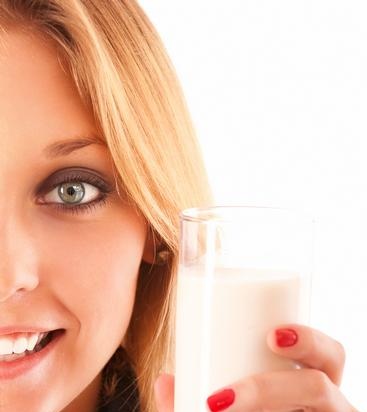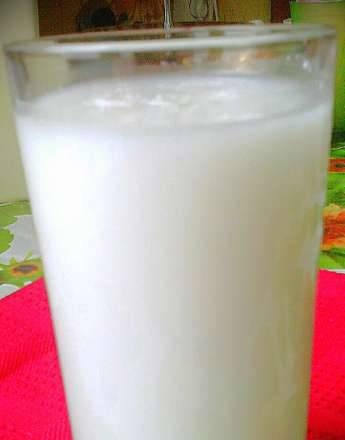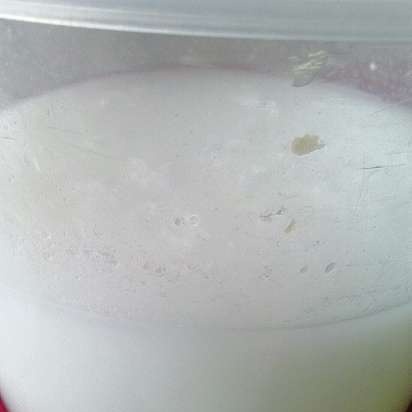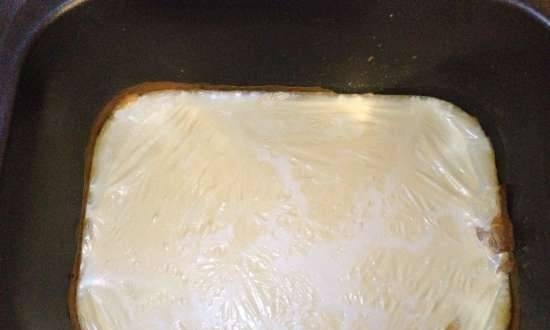|
 What happens if you calculate the body's need for protein? The protein fraction in milk is 3.2%, or 32 grams in one liter. What happens if you calculate the body's need for protein? The protein fraction in milk is 3.2%, or 32 grams in one liter.
The average person's need for protein is 100-130 grams per day or slightly less (different authors give different, sometimes significantly different figures).
It can be seen from this that to fully cover the need for proteins, it is quite enough to drink 3-4 liters of milk a day. Moreover, the biochemical composition of milk proteins is better than that of egg proteins, meat, fish, not to mention the many proteins of plant origin. However, a small caveat is needed here.
 The fact is that the body does not need protein as such, and it remains in the form of meat or eggs only for a few minutes after swallowing. And then specific enzymes, called for this specificity proteolytic (from the Greek proteo - protein, lysis - dissolution), break it down into its constituent parts - amino acids. The fact is that the body does not need protein as such, and it remains in the form of meat or eggs only for a few minutes after swallowing. And then specific enzymes, called for this specificity proteolytic (from the Greek proteo - protein, lysis - dissolution), break it down into its constituent parts - amino acids.
In total, a little more than eight dozen amino acids are known, but for us the main interest is "only" 22, the most important in nutrition. Of these 22, exactly ten refers to "irreplaceable", that is, to those that our body is not able to synthesize on its own even with an excess of all the others and therefore must necessarily get them ready-made with food.
What each of these 10 “does” inside us, as well as 12 other main ones, is not yet known for certain, but much has already been established. For example, histidine is involved in the formation of hemoglobin, and if it is deficient in food, anemia develops; leucine somehow has a stimulating effect on growth - with a lack of it, children and young people grow worse and gain weight, and in addition, they disrupt the normal activity of the kidneys and thyroid gland; with insufficient intake of lysine in the body, the number of red blood cells decreases, bone calcification is impaired, etc.
Milk contains, and in sufficient quantities, all 10 "irreplaceable" amino acids... True, since nature determines milk for food not for adults, but only for infants, and the need for protein in general and for individual amino acids in children and adults differs significantly, the proportional content of some "irreplaceable" is more favorable for the body of infants. However, this difference is not fundamental, and 3-4 liters of milk is quite enough to completely cover the deficiency in amino acids.
The need for nonessential amino acids is more difficult to determine. It is more difficult because they are both synthesized in the body and enter it from the outside. However, in any case, those 3-6 liters of milk that cover the need for calories contain a sufficient amount of not only nonessential amino acids, but also "semi-finished products" for their production.
Vladislavsky V. - About your food, man
|
 What happens if you calculate the body's need for protein? The protein fraction in milk is 3.2%, or 32 grams in one liter.
What happens if you calculate the body's need for protein? The protein fraction in milk is 3.2%, or 32 grams in one liter.









